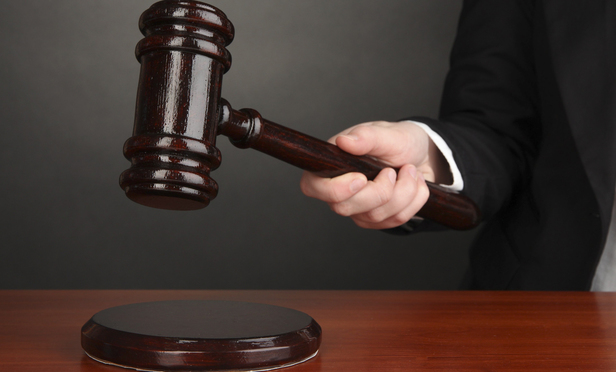The primary goal of any settlement is to resolve the parties’ dispute. Often, however, settlement is achieved only after court decisions that are adverse to one or both of the litigants. In these instances, parties may wish to achieve something more—vacating the judgments, erasing opinions from the official reporters, and eliminating whatever binding or preclusive effect those rulings may have in future disputes. Depending upon the jurisdiction, the law may provide a means to accomplish that objective: vacatur of the court’s ruling based upon a settlement that moots the parties’ lawsuit. Knowing the lay of the land in this little-known corner of the law therefore can—perhaps should—be an important aspect of any settlement strategy where a trial court already has issued rulings in the case.
Vacatur Based Upon Settlement: The Who, What, and Why
Settlement agreements ordinarily focus on the key issues such as monetary sums and acts to be performed. But where settlements follow court decisions—particularly ones that decide legal issues that affect a party’s rights or core business concerns—other considerations come into play, for those rulings may emit far-reaching future effects. For example, a litigant likely to re-appear in the relevant court, such as the federal government in deportation disputes, will wish to avoid the consequences of unfavorable precedent down the road. Trademark owners who settle disputes over their marks may later be subject to defenses in infringement suits if they are found not to have vigorously defended their marks by contesting adverse court decisions. And patent holders whose patents have been narrowed or invalidated by district court rulings may wish to nullify those decisions to avoid their negative impacts down the road.
This content has been archived. It is available through our partners, LexisNexis® and Bloomberg Law.
To view this content, please continue to their sites.
Not a Lexis Subscriber?
Subscribe Now
Not a Bloomberg Law Subscriber?
Subscribe Now
LexisNexis® and Bloomberg Law are third party online distributors of the broad collection of current and archived versions of ALM's legal news publications. LexisNexis® and Bloomberg Law customers are able to access and use ALM's content, including content from the National Law Journal, The American Lawyer, Legaltech News, The New York Law Journal, and Corporate Counsel, as well as other sources of legal information.
For questions call 1-877-256-2472 or contact us at [email protected]



